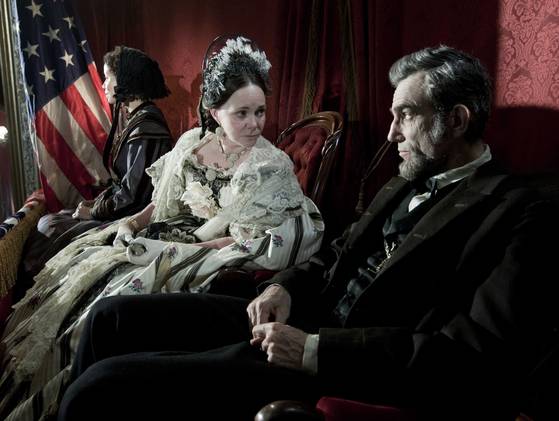Enjoy. Or don't. It's more for me than it is for anyone else, anyway.
Thankful
I am thankful for my brain
I am thankful for my amazing,
beautiful, functional body
I am thankful for every tiny bit of love
that comes my way
I am thankful for my warm, fuzzy,
monkey slippers
I am thankful for the care and love of
my family
I am thankful for my sense of humor
I am thankful for my family's sense of
humor
I am thankful for my brother, who is in
many ways my best friend
I am thankful for my mother, who is in
many ways my best friend
I am thankful for the trees in my
backyard
I am thankful that I have a backyard
I am thankful for my two amazing,
incredible, beautiful children who surprise me each day
I am thankful for my incredible niece and nephew who bring me so much joy when I see them
I am thankful for my incredible niece and nephew who bring me so much joy when I see them
I am thankful that they are all healthy
and capable and, frankly, the best ever ever ever ever
I am thankful for art (all kinds) –
both the expression and appreciation of
I am thankful for those who care more
than I know, who I often fail to mention, and perhaps even take for
granted
I am thankful for my teachers
I am thankful for my education
I am thankful for my renewed passion
for learning
I am thankful for my personal progress
and growth throughout the past two years
I am thankful for the people who have
helped me in that growth and progress – you know who you are
I am thankful for no-pants dance time
I am thankful for my health (that which
I have)
I am thankful for medical care to aid
with the parts that aren't as healthy
I am thankful for “enough to make ends meet,” even if it takes a lot of help to have it
I am thankful for “enough to make ends meet,” even if it takes a lot of help to have it
I am thankful for my creativity
I am thankful for my voice
I am thankful for my beauty, even if I can't always see it – I know it's there waiting for me to find it again
I am thankful for my beauty, even if I can't always see it – I know it's there waiting for me to find it again
I am thankful for leggings that make my
ass look great, even if I refuse to wear them in public
I am thankful for my house
I am thankful for all the conveniences
that it holds which make what could be a much more difficult life
just that much easier
I am thankful for the internet and social media (because let's just be honest here)
I am thankful for the incredible generosity of others when I have been in need
I am thankful for the example they set;
for others, and for myself
I am thankful that I got as much time
with my dad as I did before he passed away – it wasn't always easy
or perfect, but I learned a lot from him and the legacy he left
behind
I am thankful for the experiences that
present themselves to me which challenge me in new ways … even when
they scare the hell out of me
I am thankful for the things and people which make me laugh – the laugh where I feel like I can't breathe
I am thankful for adventures, of which
I have had more in the past year than probably in the past decade
I am thankful that there are plenty
more adventures ahead of me
I am thankful for this gift which is my
life
I am thankful that even my most
challenging frustrations are only temporary
I am thankful for love
I am thankful for hope
I am thankful for contentment – even
if it isn't consistent
I am thankful for you. The person who cares or is curious enough to want to peer into my life and see these pieces of me – these tiny flickers and giant floods of light that splash over my life and allow me to see all the colors of my world.
I am thankful for you. The person who cares or is curious enough to want to peer into my life and see these pieces of me – these tiny flickers and giant floods of light that splash over my life and allow me to see all the colors of my world.

